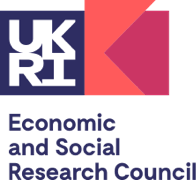Looking into the Black Box of Employment: The 'Intensive Hour' Approach to Time Spent in Employment-Related Activities | Michael Bittman 2016 - Full text (pdf)
This working paper describes a new software application for smartphones, designed to gather time-use data about the working day. Called random time sampling (RTS), the software was developed to overcome a void in the standard time-use survey data: namely, the lack of detail about activities undertaken and their social context during paid employment. The RTS system addresses the twin problems of (1) respondent burden, and (2) respondents providing potentially damaging information. Compared to a conventional time-diary which asks for an exhaustive recall of activities over 24 hours, the RTS only samples one hour of employment time per notification, with typically only a few notifications per working day, over a maximum of a few weeks. After becoming familiar with what is required, most respondents spend less than 90 seconds on each notification. Respondents are protected against ‘self-incrimination’ because the sampling aims to represent patterns typical of an occupation not of an individual. RTS collects insufficient information from any one individual to provide a useable measure of individual performance. The RTS system can be customised. It can be used the study the length of the (paid) workweek, the allocation of time to (99-999) subtasks, the timing of the tasks (by season, by day of the week and time of day), the social context and location of these activities, and the self-rated experience of doing these employment-related activities. Data from pilot studies, undertaken so far, illustrates how this done.


